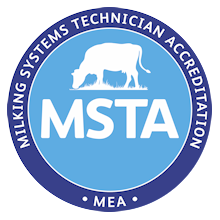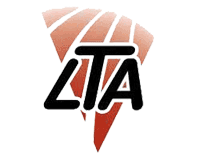From around the site
Our Accreditations


-
Used Machinery
T H WHITE is also a used dairy equipment specialist, offering a range of dairy, slurry and bulk tank equipment alongside used Agricultural and Construction machinery.
More Information -
Part and Sundries
One-stop shop for dairy parts and consumables When you need dairy parts, accessories or consumable items, T H WHITE has it all.
More Information -
eBay Store
T H WHITE eBay Store makes it easy for you to buy great quality parts and accessories and have them delivered straight to your door.
More Information -
AirWash Plus
Through an industry partnership we are also proud to introduce AirWash Plus, the ONLY award-winning dip and rinse system to be compatible with any cluster and liner.
More Information

This website uses cookies so that we can provide you with the best user experience possible. Cookie information is stored in your browser and performs functions such as recognising you when you return to our website and helping our team to understand which sections of the website you find most interesting and useful.
Strictly Necessary Cookie should be enabled at all times so that we can save your preferences for cookie settings.
This website uses Google Analytics to collect anonymous information such as the number of visitors to the site, and the most popular pages.
Keeping this cookie enabled helps us to improve our website.
Please enable Strictly Necessary Cookies first so that we can save your preferences!
Get In touch
Don’t miss out on invitations, events and offers from us.
Sign up for news from T H WHITE Group today!

